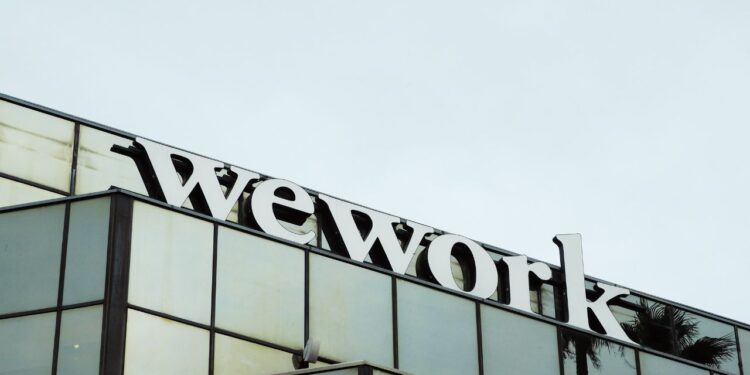What’s going on:
WeWork raising “substantial doubt” about its ability to continue financially due to significant losses and liquidity issues has experts raising questions on how a bankruptcy would impact local real estate markets. In New York City, WeWork is one of the largest tenants, with over 70 leases spread across various landlords, according to Forbes.
It’s reported that the coworking company has amended over 590 of its leases since 2019, in addition to partial terminations to reduce the company’s total lease space. During this period, WeWork also performed multiple rent reductions and rent deferrals. All strategic changes that are typically done during a bankruptcy proceeding, according to Forbes.
The strategies to cut losses and improve cashflow have been unsuccessful. It’s reported that WeWork lost about $600 million in the last six months and only has approximately $680 million in liquidity currently available. The company attempted multiple restructurings and reorganizations and the company’s share price now hovers around 20 cents. It aims to focus on reducing rental costs, negotiating more favorable leases, increasing revenue, and raising capital all within the next 12 months. However, the company’s path to avoid negative consequences remains uncertain in many expert eyes — with speculation about a possible bankruptcy and auction of its profitable leases. While the impact of a WeWork bankruptcy on New York City would be negatively felt, it’s reported that due to the sheer amount of lease space in the city, it won’t be catastrophic.
Why it matters:
WeWork’s potential failure could have negative consequences for landlords — particularly in major markets where WeWork is one of the largest tenants. If WeWork defaults, landlords will face higher vacancy rates and may struggle to replace WeWork as a tenant. This could add to the already challenging real estate environment escalated by the rise of remote work and higher interest rates.
If WeWork goes under, landlords may also have to manage the coworking spaces and existing tenants themselves. Softbank, which has invested billions in WeWork, is another major stakeholder that could be affected by WeWork’s fate.
How it’ll impact the future:
Despite WeWork’s struggles, the coworking model is not necessarily doomed. The industry is actually on the rise. The flexibility of short-term leases and the sense of community offered by coworking centers remain appealing to many businesses and working professionals. However, WeWork’s potential failure could lead to an entire reshuffling in the coworking industry — with other coworking operators possibly taking over profitable locations.



 Dr. Gleb Tsipursky – The Office Whisperer
Dr. Gleb Tsipursky – The Office Whisperer Nirit Cohen – WorkFutures
Nirit Cohen – WorkFutures Angela Howard – Culture Expert
Angela Howard – Culture Expert Drew Jones – Design & Innovation
Drew Jones – Design & Innovation Jonathan Price – CRE & Flex Expert
Jonathan Price – CRE & Flex Expert











